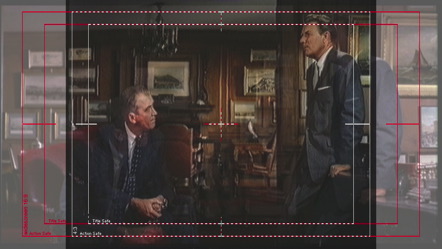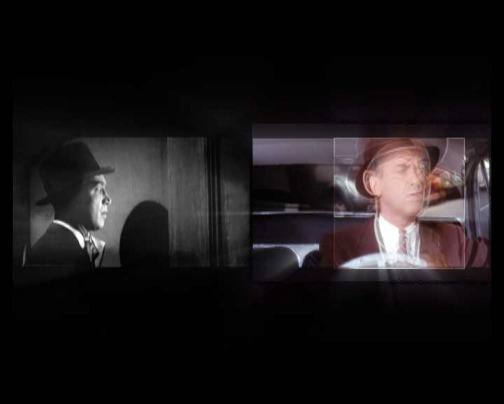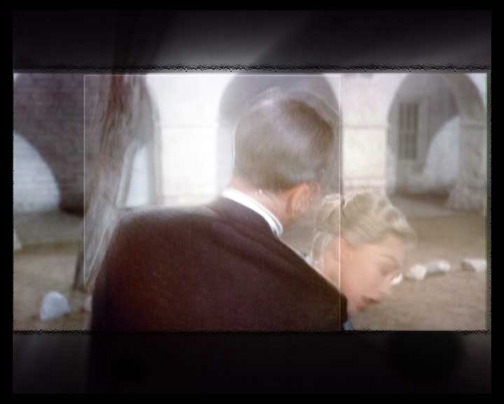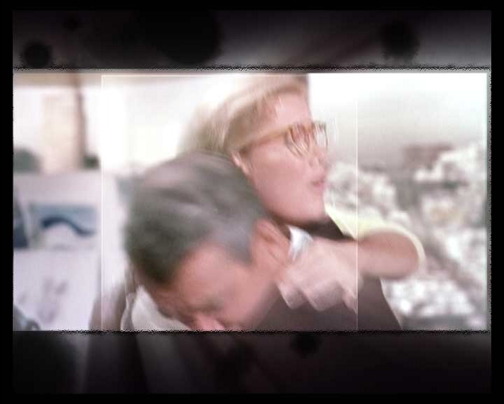
Re-possessed is a travelling multi-media exhibition based on Alfred Hitchcock's Vertigo curated by Tony Cryer, Che Guevara John, Nick Haeffner, Chris Lane and Souli Spiropoulou. The project uses various exhibits inspired by Alfred Hitchcock's 1957 classic Vertigo to explore themes of new technology, power and gender. The exhibits, created by Chris Lane and Souli Spiropoulou, range from short films to computer games inspired by the film.
The exhibition is concerned with two 'myths': the first is the myth of Alfred Hitchcock as a control freak, a man who attempted to direct not only his cast but also his audience. Hitchcock is widely represented as a director whose films are aimed at the manipulation of the audience though the use of the camera and editing, leaving them little choice about what to look at or think about. Many of Hitchcock's films, particularly Vertigo, have been read as stories about men who seek to control women, made by a man who sought to control unruly feminine excess through his tightly corseted narratives. Voyeurism and surveillance seem to be prominent themes in Vertigo - themes which are echoed and re-fashioned in the exhibition. However, who is watching whom and how accurate is this first myth of Hitchcock the control freak?
The second myth is that of 'freedom and power' (a key phrase repeated three times in Vertigo, each time by a different character). This is also the freedom and power which new media are said to endow their users with. New technology, it is often claimed, is revolutionary: it promises unprecedented democratic access to, and control over, media artefacts. It also promises to usher in a new era of interactivity in which the user makes and remakes content, rather than just consuming it. It challenges print based culture and the forms of education which have arisen from it by promising a new era of the democratic image.
The video game Grand Theft Auto, for instance, allows the user to choose different camera angles, while many DVDs offer alternative versions of film narratives to choose from. Yet the choices available are largely pre-determined and are narrowly restricted by copyright laws that assert possession of the content and control over the device used to play it. Although partly a playful celebration of the possibilities of offered by new technology, Re-possessed will also highlight the dialectic through which the enabling aspects of the devices on show are underwritten by subtle and not so subtle forms of constraint.
Among the aspects of new technology explored in the exhibition are the implications of self-reflexive viewing (in which the spectator can see themselves looking); the creative manipulation of classic cinema by computer; draconian new copyright laws surrounding DVD use, which have particular relevance for teachers and artists; the underlying structures which may determine gendered point of view in cinema and the extent to which these can be subverted or transcended by new media.
To access the RePossessed catalogue click on this link.


